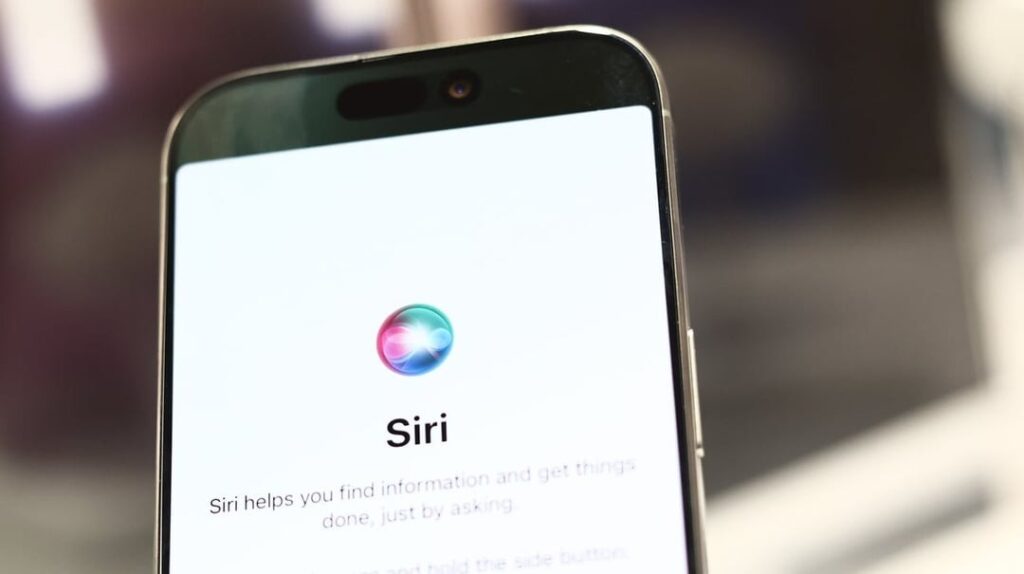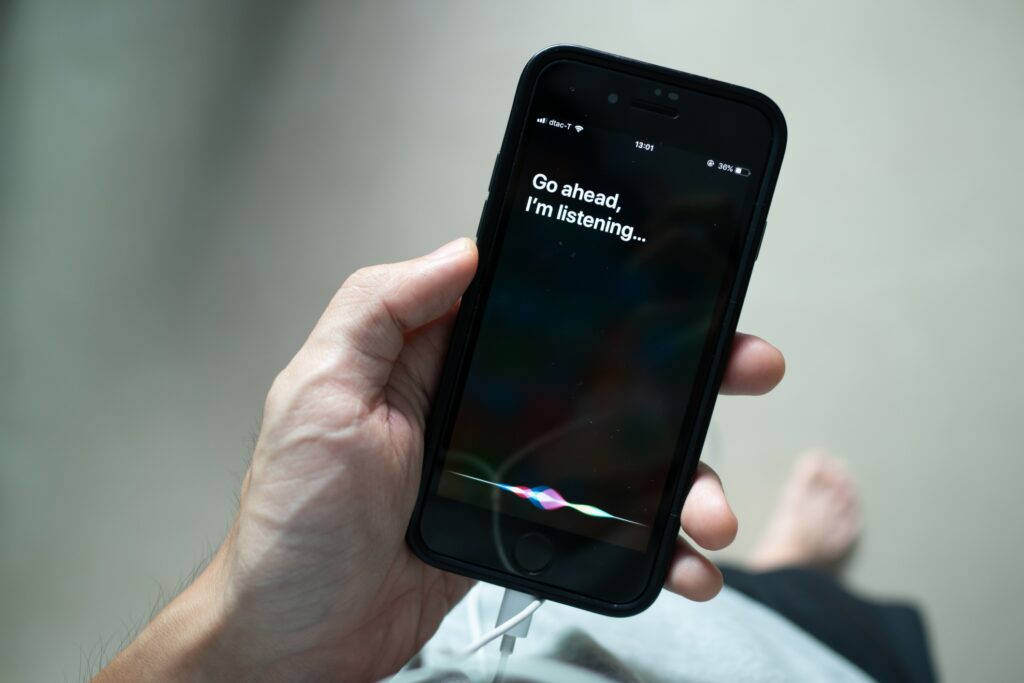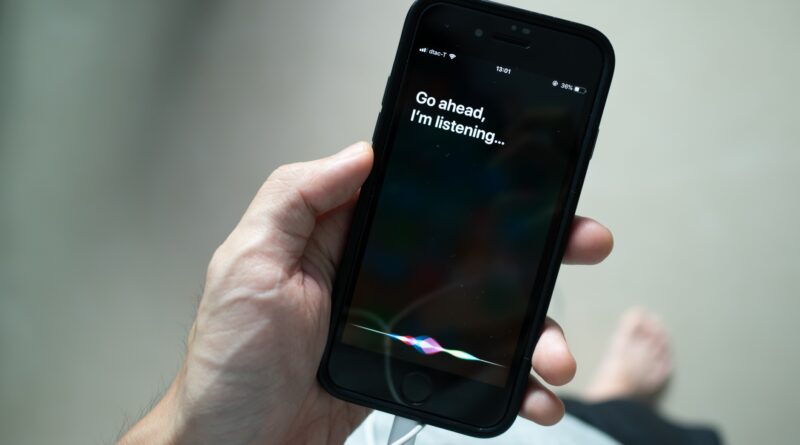Apple’s $95 Million Settlement: Privacy Concerns Surround Siri Lawsuit
Apple has agreed to a $95 million settlement to resolve a class action lawsuit alleging that its voice assistant, Siri, recorded private conversations without user consent. The lawsuit accused Apple of sharing these recordings with third parties for targeted advertising, raising significant privacy concerns. Although Apple denies selling any accidentally collected data, the settlement was reached after plaintiffs faced challenges in substantiating their claims.
The issue stemmed from Siri being inadvertently activated by sounds resembling “Hey Siri.” While Apple maintains these recordings were unintentional, critics argue the company’s practices lack transparency. This case has reignited debates about the privacy risks posed by voice assistants that are “always listening” for activation keywords.

The Case for Stricter Privacy Standards
Privacy experts highlight the need for better safeguards in voice assistant technology. Recommendations include designing systems that store activation keywords locally and discard unmatched voice data. Only actual commands, stripped of personal identifiers, should be transmitted to the cloud for processing. Additionally, data logs should remain entirely separate from any information used for advertising purposes.
The settlement has also amplified discussions about whether financial penalties effectively deter tech giants from violating user privacy. While $95 million may seem significant, it is a minuscule amount for a company as profitable as Apple. Critics argue that such fines are insufficient to prompt meaningful changes.
A Drop in Apple’s Ocean of Wealth
To put the settlement into perspective, Apple’s net worth and cash reserves dwarf the penalty. As of January 2025, Apple reportedly held $162 billion in cash, making the $95 million settlement just 0.05% of that total. Some likened it to a millionaire giving $10 to a homeless individual, emphasizing how minor the impact is on Apple’s financial position. Critics also suggest that large corporations might view these penalties as a mere cost of doing business, unlikely to alter their behavior or practices.

Broader Implications for Privacy and Awareness
The lawsuit has sparked broader conversations about the erosion of privacy in the digital age. Many users express concerns about the pervasive collection of personal data through messages, audio, video, and location tracking. One commenter noted, “Privacy is basically a myth these days,” while others see the case as a wake-up call to be more vigilant about data usage. Recommendations from privacy advocates include disabling voice-activated features and uninstalling apps known for aggressive data collection practices.
The case underscores the importance of holding corporations accountable while questioning whether current legal frameworks are sufficient to protect user privacy. While the settlement resolves this specific issue, skepticism remains about how much influence such legal actions have on curbing intrusive data collection by large tech companies.
Conclusion
The $95 million settlement may close the chapter on this lawsuit, but the broader story of user privacy in a tech-dominated world is far from over. As voice assistants and smart devices become more ingrained in daily life, users and lawmakers alike will need to push for stronger protections to ensure privacy is not sacrificed for convenience.



